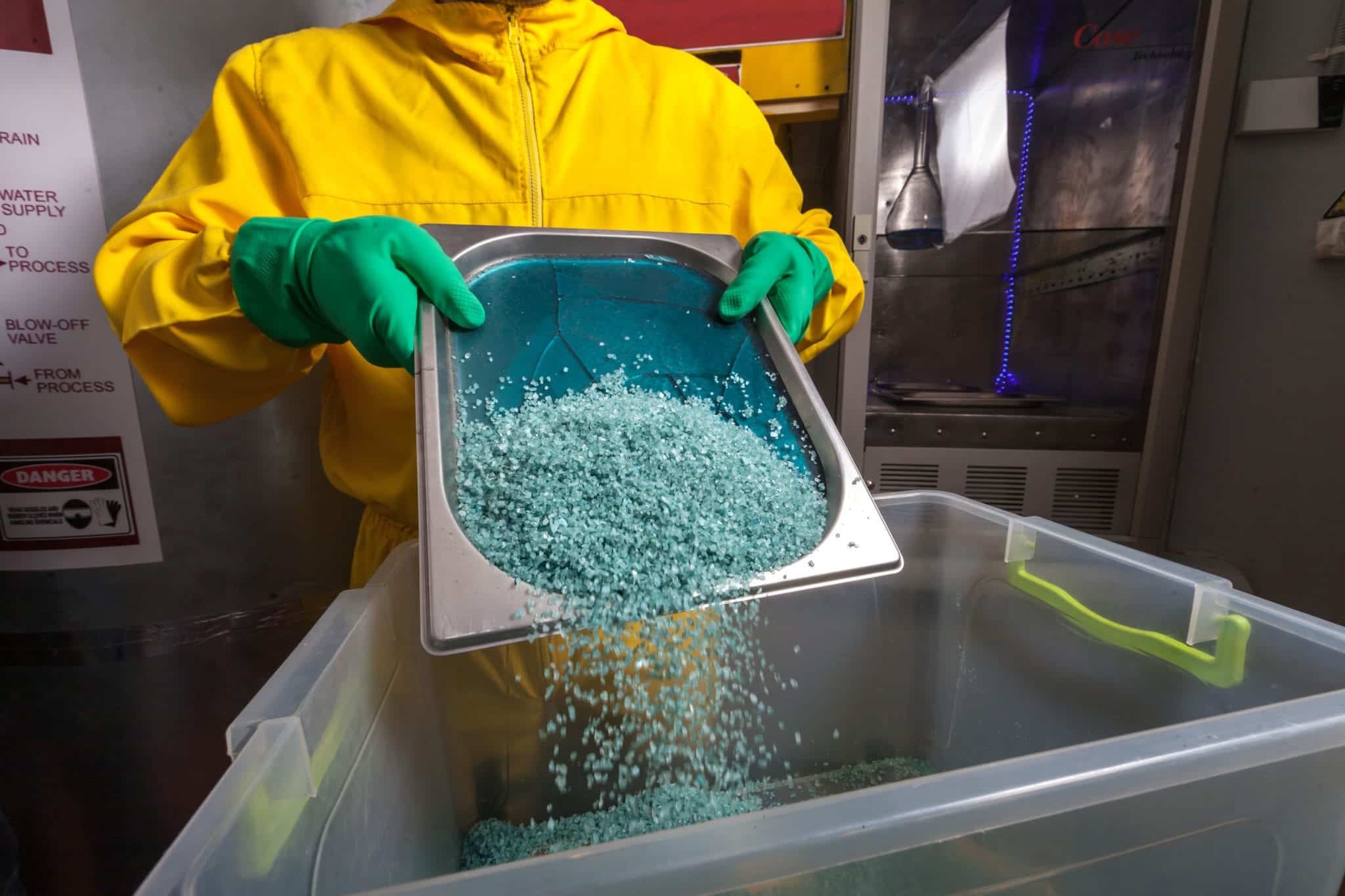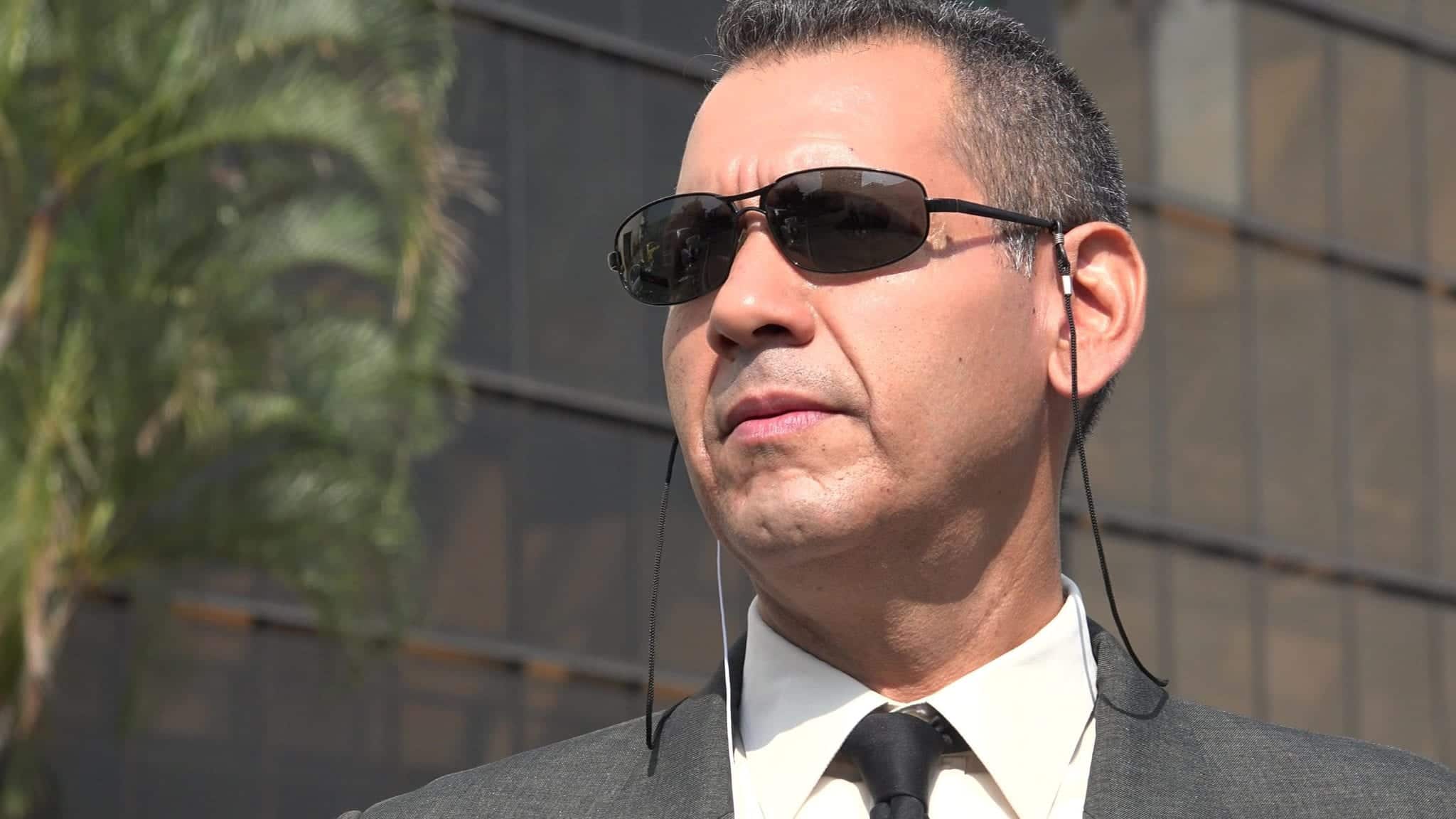
A huge proportion of drug manufacturing is conducted by cartels and other large networks of criminals. However, individuals may also participate in drug manufacture and cultivation – sometimes in surprisingly big quantities.
For example, a Louisiana couple was recently discovered to be running a large-scale drug operation… out of their apartment. When troopers discovered vast sums of cash in the couple’s vehicle during a routine traffic stop, they obtained a warrant to search the apartment. There, they discovered $825,000 in heroin as well as equipment used for large-scale heroin production.
The investigation is ongoing, and more charges are likely to be brought, but the couple will probably face 15 years to life in prison and a fine of up to $250,000. Additionally, because they were initially arrested by federal officers, they are more likely to be charged in federal court.
Below, we’ve going to dive into how the penalties for drug manufacture in Texas differ from those at the federal level, as well as what makes a drug crime a federal offense in the first place.
Penalties for Drug Manufacture and Cultivation in Texas
Texas drug manufacturing and cultivation laws are some of the harshest in the country. The exact penalty will depend upon the type and amount of drugs in question.
Here we have covered the penalties for manufacture and cultivation of opiates, methamphetamines, cocaine, and marijuana, which are some of the most commonly produced drugs.
Opiates, Methamphetamines, and Cocaine
Methamphetamines are the most common drug manufactured by individuals or small operations. The Texas Controlled Substances Act places methamphetamines in the harshest penalty group for drug manufacture, alongside heroin, fentanyl, cocaine, and rohypnol.
The penalties for manufacturing this class of drug depend upon the amount of substance found in the investigation. If convicted, you could face the following penalties:
- Less than 1 gram: State jail felony punishable by 180 days-2 years in state jail and up to $10,000 in fines
- 1-4 grams: Second-degree felony punishable by 2-20 years in prison and up to $10,000 in fines.
- 4-200 grams: First-degree felony punishable by 5-99 years in prison and up to $10,000 in fines.
- 200-400 grams: First-degree felony punishable by 10 years-life in prison and up to $100,000 in fines
- More than 400 grams: First-degree felony punishable by 15 years-life in prison and up to $250,000 in fines
Marijuana
Marijuana is not covered by the Texas controlled substances act. However, it is perhaps the most common drug produced (cultivated) by individuals. In Texas, marijuana cultivation is charged and sentenced similarly to possession.
Most large scale illicit drug manufacturing enterprises involve either drug cartels or other large networks of criminals generally associated with gangs. However, individuals may also take part in drug manufacture and cultivation – sometimes in surprisingly large quantities.
For example, a Louisiana couple was recently discovered running a significant size drug operation out of their apartment. When law enforcement officials discovered vast sums of cash in the couple’s vehicle during a routine traffic stop, they obtained a warrant to search their apartment where they discovered $825,000 in heroin as well as equipment used for large-scale heroin production.
The investigation is ongoing with more charges. At the moment the couple faces 15 years to life in prison and a fine of up to $250,000. Additionally, because they were initially arrested by federal officers, they are more likely to be charged in federal court.
Below is a look at how the penalties for drug manufacture in Texas differ from those at the federal level, as well as what makes a drug crime a federal offense in the first place.
Penalties for Drug Manufacture and Cultivation in Texas
Texas drug manufacturing and cultivation laws are some of the harshest in the country. The exact penalty will depend upon the type and amount of drugs in question.
Here we have covered the penalties for manufacture and cultivation of opiates, cocaine, methamphetamines, and marijuana, which are some of the most commonly produced drugs.
Opiates, Methamphetamines, and Cocaine
Methamphetamines are the most common drug manufactured by individuals or in smaller group operations. The Texas Controlled Substances Act places methamphetamines in the harshest penalty group for drug manufacture, alongside heroin, fentanyl, cocaine, and rohypnol.
The penalties for manufacturing this class of drug depends upon the amount of substance found in the investigation. If convicted, you could face the following penalties:
- Less than 1 gram: State jail felony punishable by 180 days-2 years in state jail and up to $10,000 in fines
- 1-4 grams: Second-degree felony punishable by 2-20 years in prison and up to $10,000 in fines.
- 4-200 grams: First-degree felony punishable by 5-99 years in prison and up to $10,000 in fines.
- 200-400 grams: First-degree felony punishable by 10 years-life in prison and up to $100,000 in fines
- More than 400 grams: First-degree felony punishable by 15 years-life in prison and up to $250,000 in fines
Marijuana
Marijuana is not covered by the Texas controlled substances act. However, it is perhaps the most common drug produced (cultivated) by individuals. In Texas, marijuana cultivation is charged and sentenced similarly to possession.
Understanding Federal Drug Penalties and What Makes a Drug Crime a Federal Offense
Generally speaking, the penalties in Texas and at the federal level are pretty similar, though federal courts are likely to sentence more severely. Moreover, federal prisons have all but abolished parole, and any kind of diversion or probation is virtually out of the question in drug offenses.
So what makes a drug offense a federal crime?
Technically, any drug crime is a federal offense, and can be charged at the federal level. However, whether you are prosecuted at the state or federal level is not so straightforward, and is often fairly subjective.

You are more likely to be prosecuted federally if you are arrested by a federal officer or are caught due to information given by an informant facing federal charges. You may also be prosecuted federally as a result of a decision made privately between state and federal prosecutors.
Cases concerning large-scale manufacture known or suspected of being tied to high-level drug conspiracies are more likely to be handed over to the federal authorities.
Bottom line?
If you are facing drug manufacture charges, it is important to consult with a knowledgeable Texas criminal defense attorney to ensure that you understand the charges being brought against you and what options are available to you. A good lawyer can ensure that your rights are protected, and maximize your chance of a favorable outcome.



